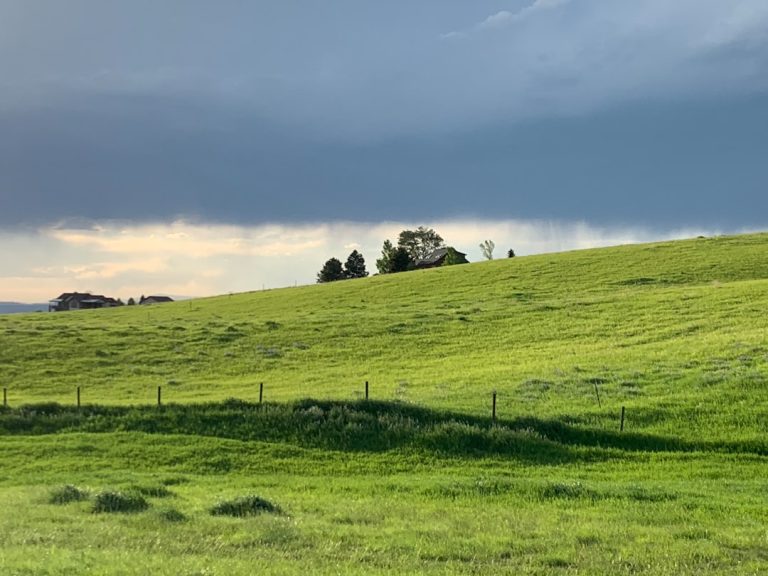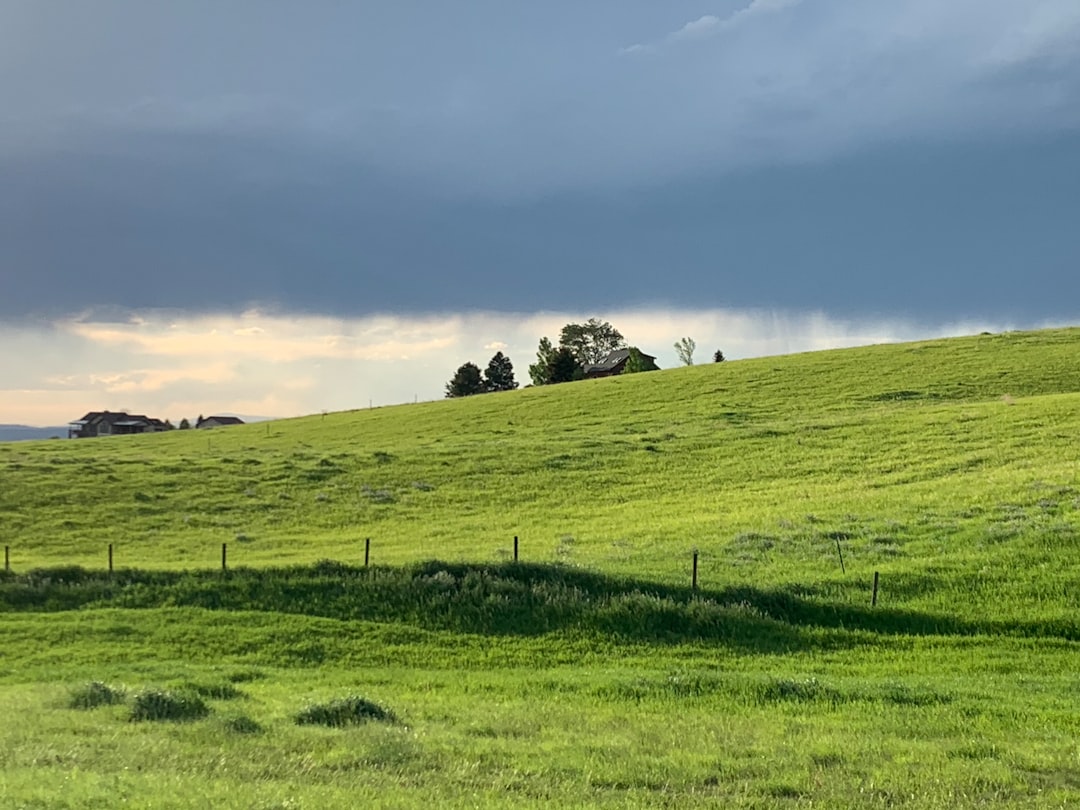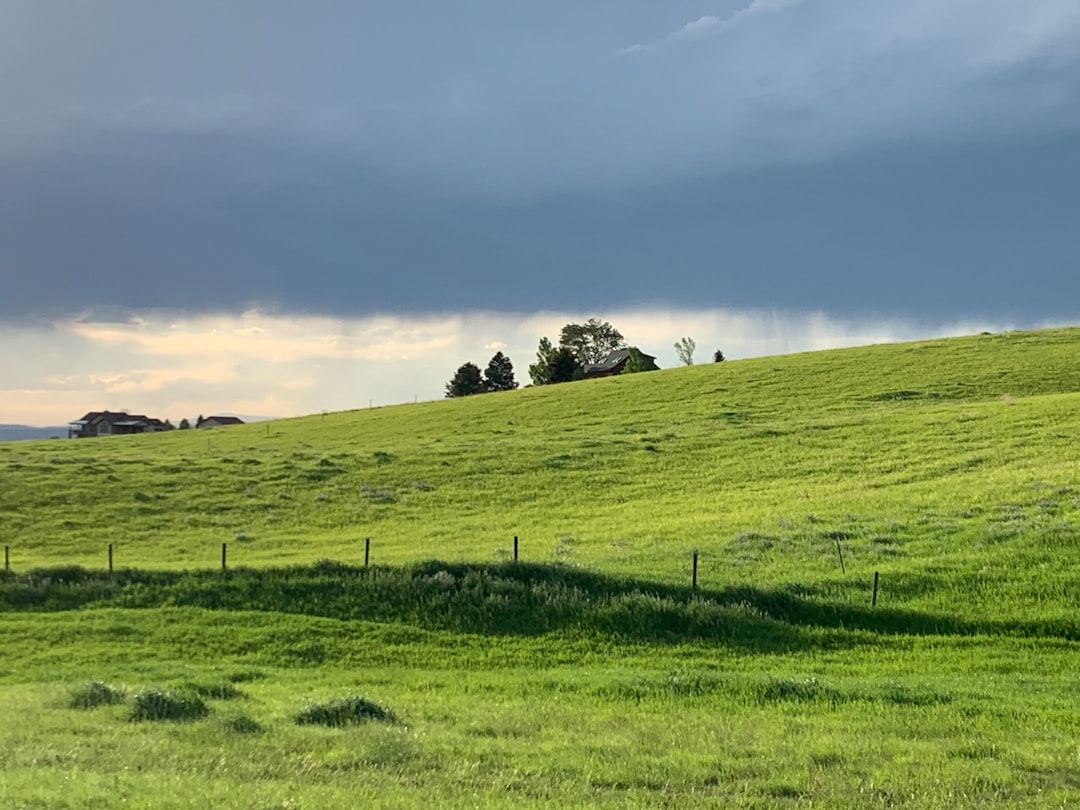Spam calls targeting teens in Billings, Montana are a growing concern, impacting mental health and online interactions. The Telephone Consumer Protection Act (TCPA) offers legal protections. Teens can be empowered to stop unwanted calls by blocking numbers, reporting spam, and recognizing scams. Parents, educators, and reputable spam call law firms or lawyers in Montana play crucial roles in promoting safe digital practices. Teaching teens about privacy settings, online interactions, and SCAMs equips them to protect against spam calls using Montana's TCPA laws as a tool.
In today’s digital age, teens in Billings face an increasing onslaught of spam calls and online scams. Understanding the impact of these intrusions is crucial, especially as Montana’s Telephone Consumer Protection Act (TCPA) regulations offer protections against unauthorized communication. This article guides parents and educators through best practices for teaching teens about phone safety and scam awareness. From recognizing spam calls to employing practical strategies for blocking them, we explore effective methods to empower teens with digital literacy and ensure their online security in Montana.
Understanding Spam Calls and Their Impact on Teens in Billings

Spam calls are a persistent issue, especially for teens in Billings who are often the primary targets. These unwanted calls can have a significant impact on their well-being and online experiences. Teenagers may feel harassed or even scared when receiving numerous spam messages daily, which can lead to stress and anxiety. Understanding the nature of these calls is the first step towards addressing this problem.
Spam call laws, such as those governed by the Telephone Consumer Protection Act (TCPA), exist to protect consumers in Montana. Legal action against spammers through a spam call law firm or spam call lawyers in Montana can be a powerful deterrent. By educating teens about their rights and the legal consequences of spamming, they can learn how to stop spam calls effectively. Parents and educators can play a vital role by guiding teens on blocking numbers, reporting suspicious calls, and recognizing common scams, ensuring a safer digital environment for everyone.
The Legal Framework: Montana's TCPA and Spam Call Regulations

In Montana, the Telephone Consumer Protection Act (TCPA) serves as the legal framework to regulate and protect consumers from unwanted telephone solicitations and spam calls. This federal law, enforced by the Federal Communications Commission (FCC), provides guidelines on how businesses must conduct marketing calls, ensuring users’ privacy and consent. The TCPA prohibits automated or prerecorded calls placed to residential phone numbers without prior express written consent.
To combat spam calls in Montana, individuals can take several steps, including registering their phone number with the National Do Not Call Registry, a federal database that restricts telemarketing calls. Additionally, seeking legal counsel from a reputable spam call law firm or lawyer specializing in TCPA cases is advisable for those who feel their rights have been violated. These legal experts can guide teens and young adults on understanding their rights, reporting spam calls, and pursuing legal action if necessary, ensuring they are equipped with the knowledge to navigate the digital landscape safely and protect themselves from manipulative marketing tactics.
Educating Teens: Building Awareness and Digital Literacy

Educating teens about phone safety and scam awareness is an essential step in empowering them to navigate the digital world responsibly. In Billings, Montana, where spam calls can be prevalent, building digital literacy among teenagers is crucial. Start by teaching them about the various forms of online scams, such as phishing attempts and fake news, which often target young people through their smartphones. Explain how these scams work and the potential consequences, encouraging them to always question suspicious messages or calls.
Incorporate real-world examples and case studies of spam call laws in Montana, highlighting the legal repercussions for businesses that violate TCPA (Telecommunications Consumer Protection Act) rules. Show them how to recognize and report spam calls using tools provided by phone carriers and apps designed to block unwanted communication. By fostering a culture of awareness and digital responsibility, teens can become active participants in protecting themselves from online threats, ensuring they are equipped with the knowledge to make informed decisions regarding their personal information and privacy in Montana.
Practical Strategies to Block and Avoid Spam Calls

Teaching teens about phone safety and scam awareness involves practical strategies that can empower them to protect themselves from spam calls in Billings, Montana. One effective method is educating them on blocking numbers. Most smartphones have built-in call blocking features that allow users to manually block specific numbers or unknown callers. This simple step can significantly reduce the volume of unwanted spam calls.
Additionally, encouraging teens to be cautious when sharing personal information online or over the phone is crucial. Many spam calls target individuals by gathering data from social media and other public sources. Instill in them the importance of being wary of suspicious messages or calls requesting sensitive information, such as passwords or financial details. Engaging with a reputable spam call law firm or consulting a lawyer specializing in TCPA (Telecommunications Consumer Protection Act) laws in Montana can also provide valuable insights into navigating and reporting spam calls effectively.
Encouraging Safe Online Behavior: A Comprehensive Approach

Encouraging safe online behavior among teens is a comprehensive process that involves education, open communication, and practical tools. Parents and educators in Billings, Montana, can play a pivotal role in empowering teens to navigate the digital world responsibly. Start by teaching them about privacy settings on social media platforms, emphasizing the importance of protecting personal information. Additionally, discuss online interactions, encouraging respect and caution when sharing details with strangers.
Montana’s laws against spam calls (TCPA) offer valuable insights into how to stop unwanted communication. Engage teens in conversations about recognizing phishing attempts and suspicious links. Provide real-world examples of common scams targeting young people, such as fake job offers or romantic frauds. Equip them with the knowledge to report such incidents and contact a lawyer for TCPA cases if needed. By combining awareness, education, and legal understanding, teens can develop critical skills to protect themselves from online threats and spam calls in Montana.






